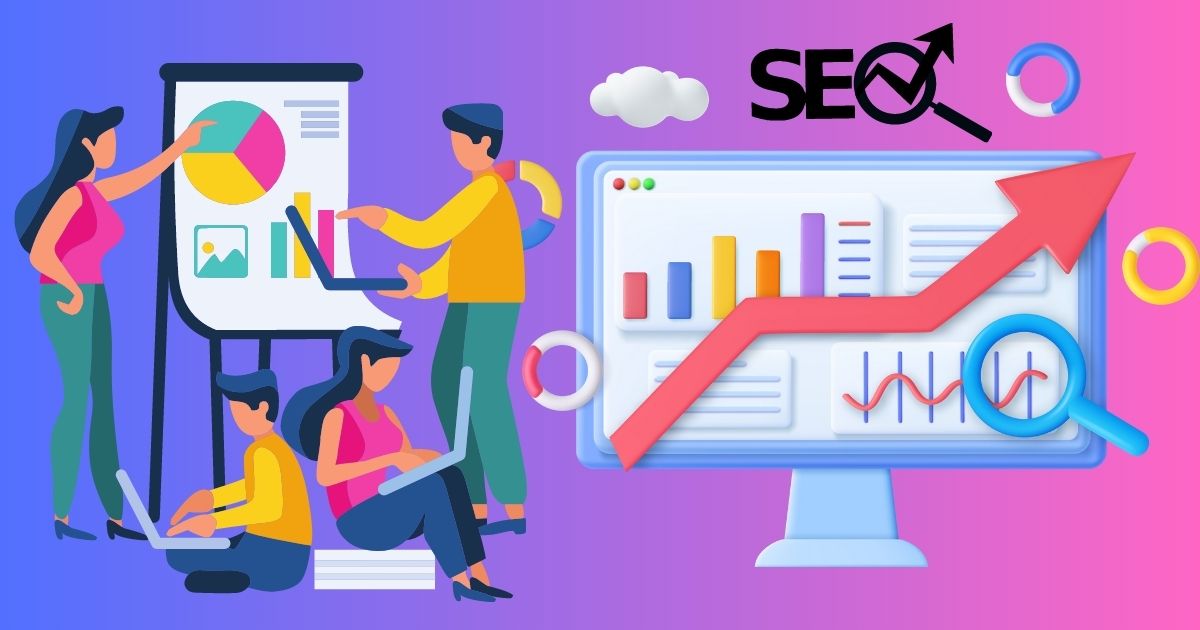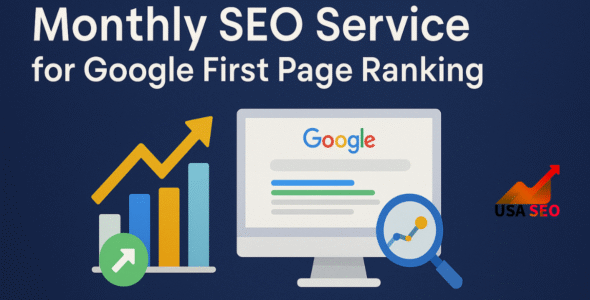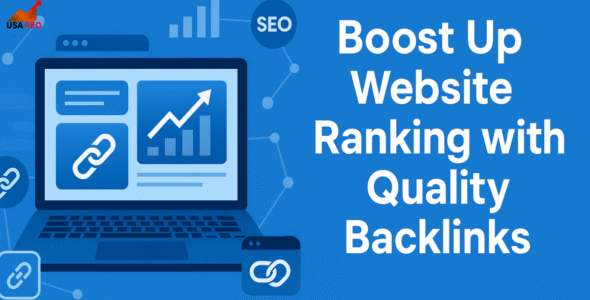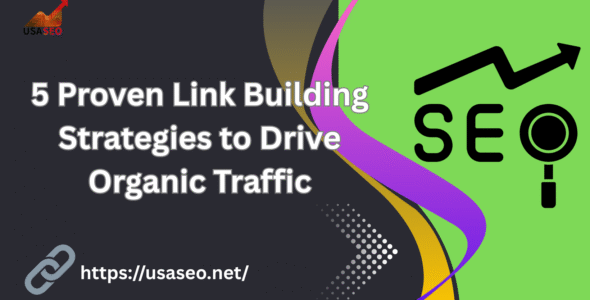AI will revolutionize the next stage of SEO by automating content creation, enhancing personalization, and optimizing user experiences. With AI-driven algorithms, businesses can analyze user behavior, predict trends, and tailor content more effectively. AI-powered tools will also improve natural language processing for better search result accuracy, driving more targeted traffic. As AI continues to evolve, SEO Services will become more data-driven, efficient, and customized to meet user needs.
Enhanced Search Algorithms
AI is shaping the next stage of SEO services by improving search algorithms, enabling more accurate, relevant, and personalized search results. AI-powered algorithms, like Google’s Rank Brain, are always improving to better comprehend user intent and produce more relevant search results. AI-powered algorithms consider factors like user behavior, context, and content quality, surpassing basic keyword matching for better search results. AI systems examine enormous quantities of data, learning from user interactions and feedback to enhance their comprehension of search queries. This means SEO practitioners must shift focus from merely optimizing keywords to understanding and addressing user intent. They must generate high-quality content that fulfills user demands, engages the audience, and offers value.
Furthermore, AI systems can discover patterns and trends in search activity, enabling them to adapt and create tailored search experiences. This customization emphasizes delivering tailored content based on factors like location, interests, and browsing history. SEO tactics must fit with these algorithms by focusing on user experience, relevancy, and contentment. AI-powered search engines will evolve, prioritizing user intent and delivering more personalized search results in the next SEO stage. SEO practitioners must stay informed about AI advancements and adjust strategies to optimize websites for evolving search engines. Our SEO services are targeted at helping companies enhance their online exposure and bring more visitors to their websites. With our established ideas and procedures, we can optimize your website for search engines and guarantee that your target audience finds you quickly.
Natural Language Processing (NLP):
Natural Language Processing is another area where AI is dramatically affecting the next step of SEO. With developments in NLP, search engines are growing better at understanding and interpreting natural language searches. This transition is mostly driven by the emergence of voice search and conversational search. AI-powered NLP approaches allow search engines to interpret the context, semantics, and purpose underlying user searches more correctly. SEO services practitioners must focus on long-tail conversational keywords and create content that aligns with natural language and user queries. Optimizing for NLP also requires concentrating on highlighted snippets and structured data. Search engines apply NLP to extract information and provide brief responses immediately in search results. By using schema markup and providing clear answers to common questions, websites can increase visibility and attract more organic traffic.
The advent of voice assistants like Siri, Alexa, and Google Assistant has led to an increase in speech-based searches. Voice questions are frequently lengthier and more conversational in character. SEO services tactics should reflect these alterations in user behavior and optimize content to fit the tone and style of voice search. This involves utilizing natural language, adding conversational phrases, and offering succinct and correct replies. In summary, NLP driven by AI is altering how search engines perceive and react to natural language searches. SEO services practitioners must change their methods to target conversational keywords, optimize for featured snippets and structured data, and respond to the expanding popularity of voice search. By implementing NLP, websites may boost their exposure and give more relevant and rewarding search experiences to visitors.
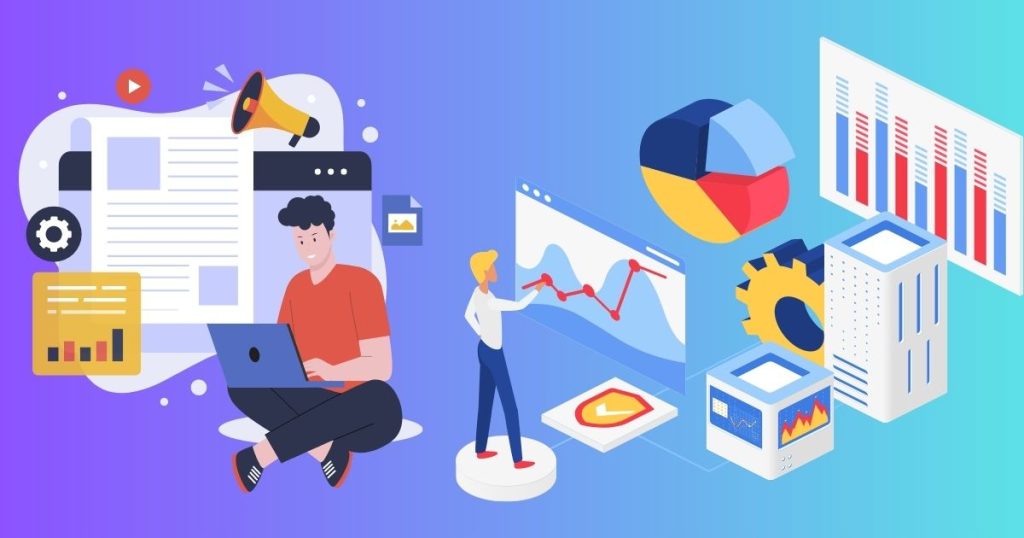
Content Generation and Optimization
Content generation and optimization are fundamental aspects of any successful SEO services. High-quality content is crucial for attracting and engaging users, while optimization ensures that content is easily discoverable by search engines. Content generation involves creating informative, relevant, and valuable material that addresses the needs and interests of your target audience. This can include blog posts, articles, videos, infographics, and other types of media. The goal is to provide content that answers questions, solves problems, or entertains users, thus encouraging them to stay longer on your site and return for more.
Optimization, on the other hand, ensures that your content ranks well in search engine results pages (SERPs). This includes using relevant keywords strategically, optimizing meta descriptions, headers, and image alt texts, and ensuring the content is mobile-friendly. Proper keyword research is essential in content optimization, as it helps identify the terms and phrases users are searching for, allowing you to tailor your content to those needs.
Moreover, optimizing user engagement signals, such as time on page, social shares, and comments, can also enhance your SEO services efforts. Regularly updating and refining content is essential for maintaining relevance and ranking. By combining content generation with effective optimization, businesses can boost their visibility in search results, attract organic traffic, and provide users with a positive, valuable experience that encourages conversions and loyalty.
Personalization and User Experience
Personalization and user experience (UX) are becoming increasingly important in SEO services as search engines continue to prioritize relevance and user satisfaction. By tailoring content and experiences to individual users, websites can enhance engagement, reduce bounce rates, and improve conversion rates. Personalization involves using data such as browsing history, location, and search behavior to customize what users see, making it more likely that they will find the content relevant and valuable.
Improving user experience focuses on making websites easy to navigate, mobile-friendly, and fast-loading, all of which are essential for both user satisfaction and search engine rankings. Search engines like Google reward websites that offer superior user experiences by ranking them higher in search results. Factors such as intuitive navigation, clear calls to action, and high-quality, relevant content contribute significantly to a positive UX.
As personalization becomes more integrated into SEO strategies, companies must focus on optimizing for their audience’s specific needs. This involves creating content that resonates with users and designing websites that are accessible and easy to use across devices. When both personalization and UX are prioritized, websites are more likely to see higher engagement, improved rankings, and increased conversions, ultimately driving better results from SEO services efforts.
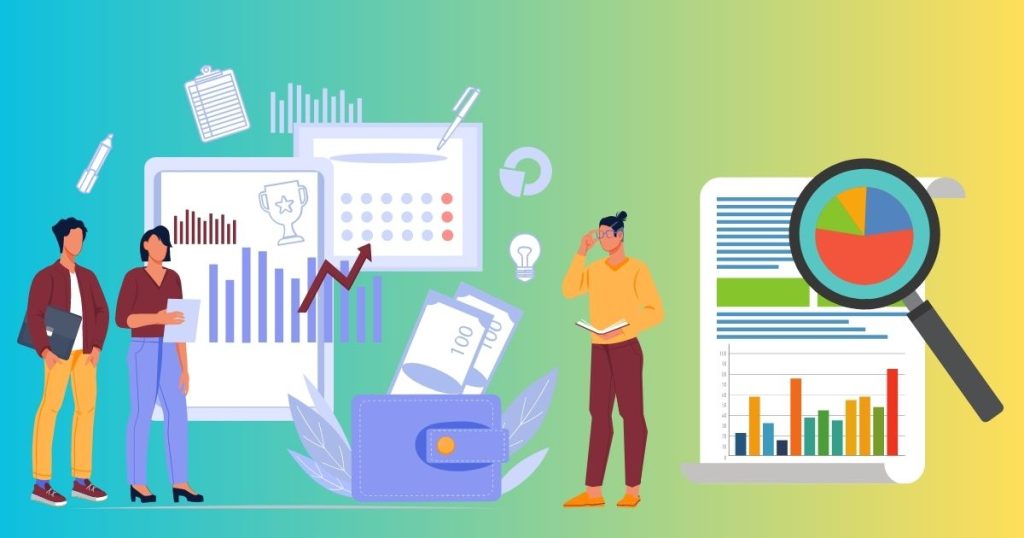
Data Analysis and Insights
Data analysis and insights play a critical role in refining and optimizing SEO services. By analyzing data, businesses can assess website performance, identify successful strategies, and pinpoint areas for improvement. Tools like Google Analytics track metrics like page views, bounce rates, and session duration to evaluate user interaction. This data reveals high-performing pages, user demographics, and behavior patterns, offering insights into content alignment with audience needs.
In addition to website performance, data analysis also allows businesses to monitor keyword rankings, track backlinks, and analyze competitor performance. Understanding which keywords are driving traffic and how they rank in comparison to competitors can help businesses adjust their content and SEO services efforts to target more relevant or high-value keywords.
By regularly monitoring and analyzing this data, businesses can make informed decisions about their SEO strategy. A high bounce rate may suggest the need for improved content or a more intuitive layout. Data analysis insights help businesses create targeted, relevant content that resonates with their audience and drives engagement. Ultimately, data analysis empowers businesses to continuously improve their SEO services performance, enhance user experience, and drive long-term growth.
Conclusion
In conclusion, AI is transforming SEO services by enhancing content creation, optimizing user experiences, and providing data-driven insights. To stay competitive, businesses must adapt to AI-driven algorithms, personalize content, and focus on user needs. Embracing these changes will foster organic growth and ensure long-term success in digital marketing.
 My Account
My Account 